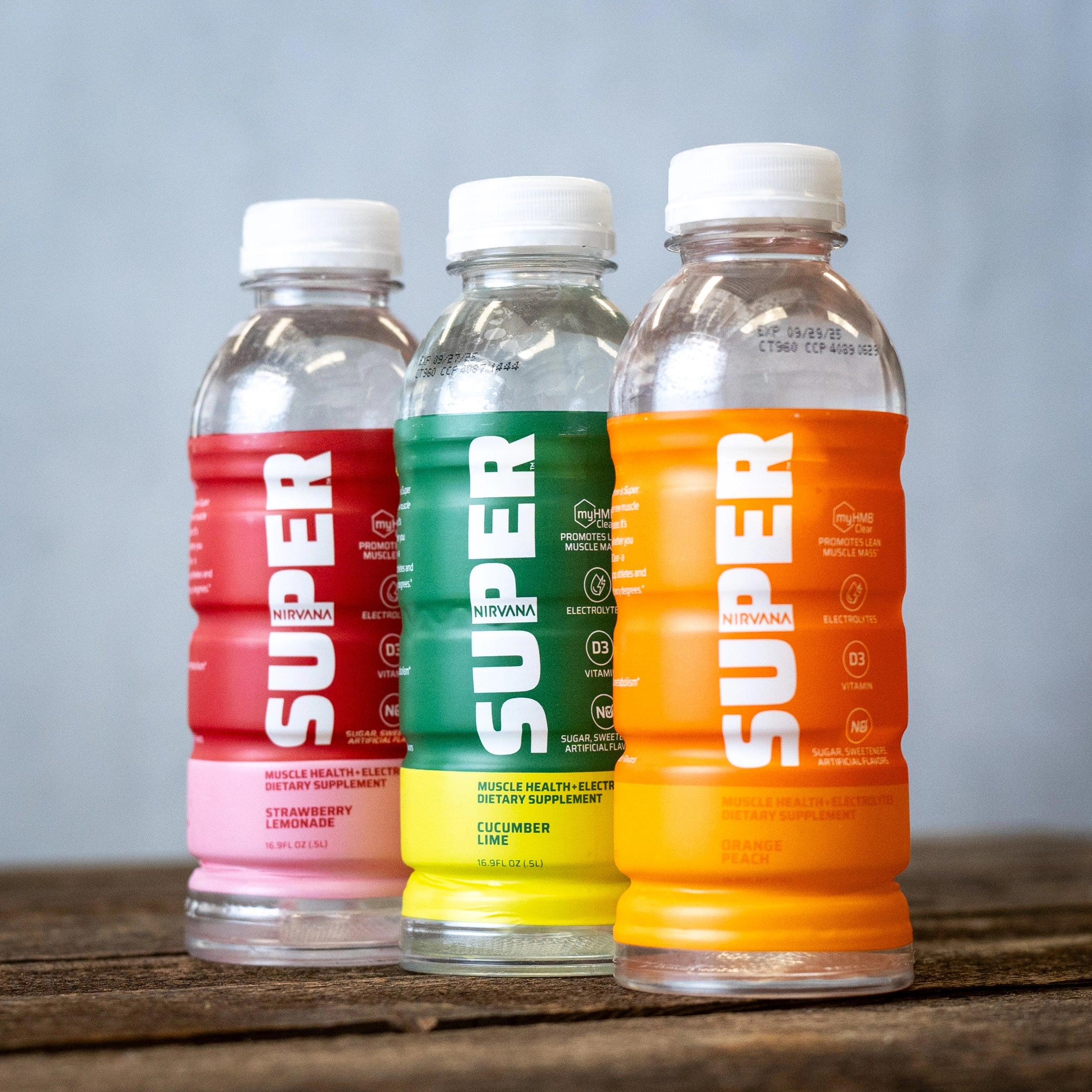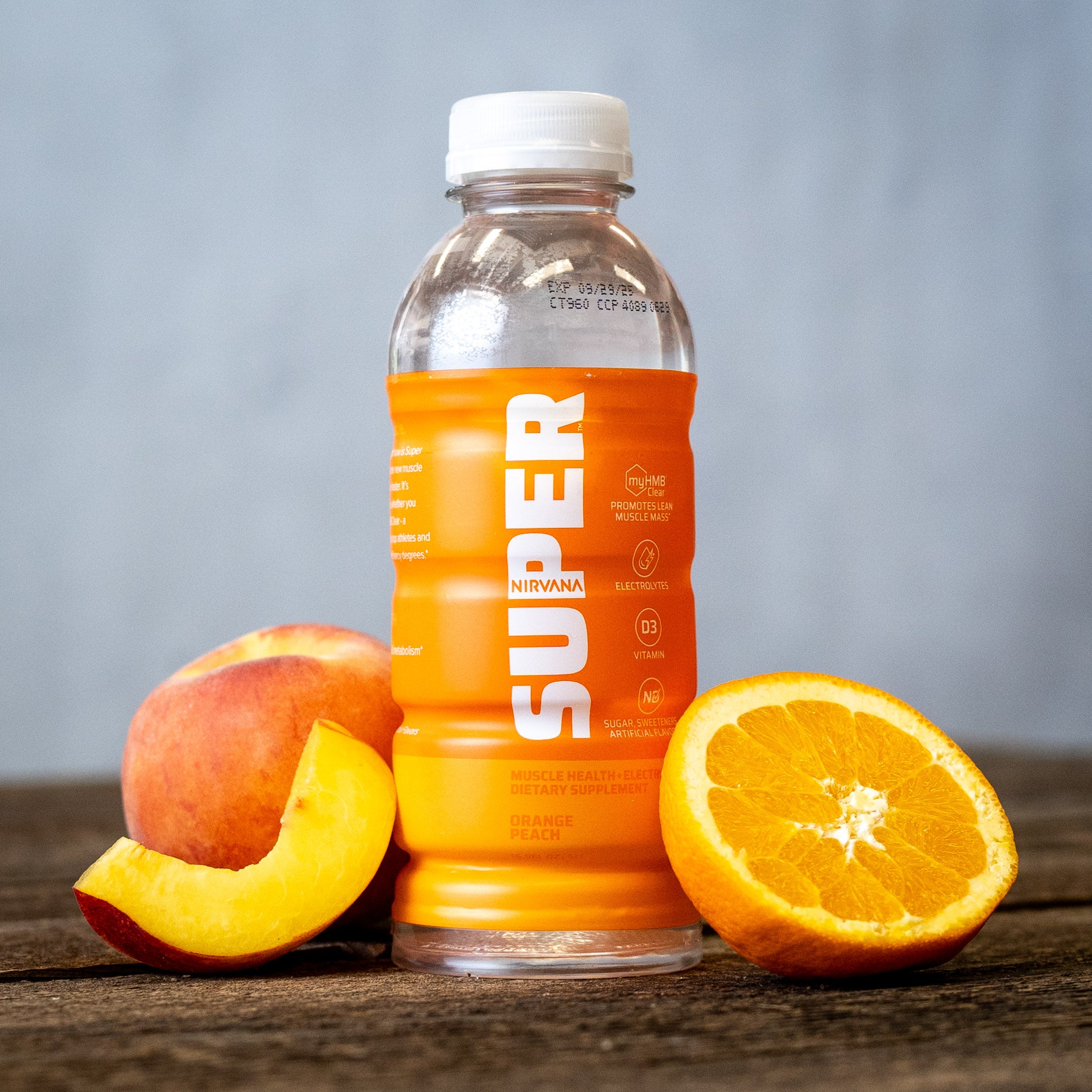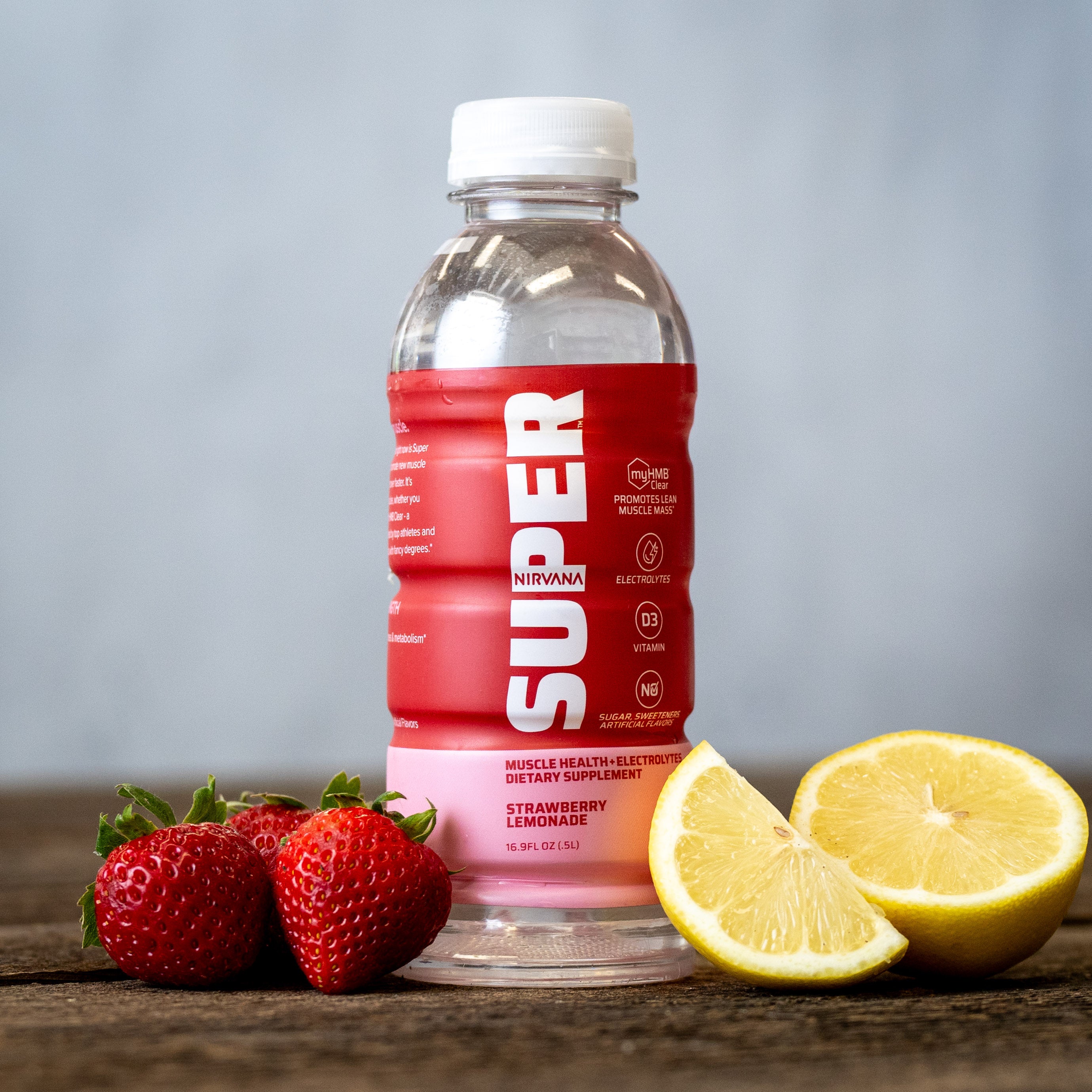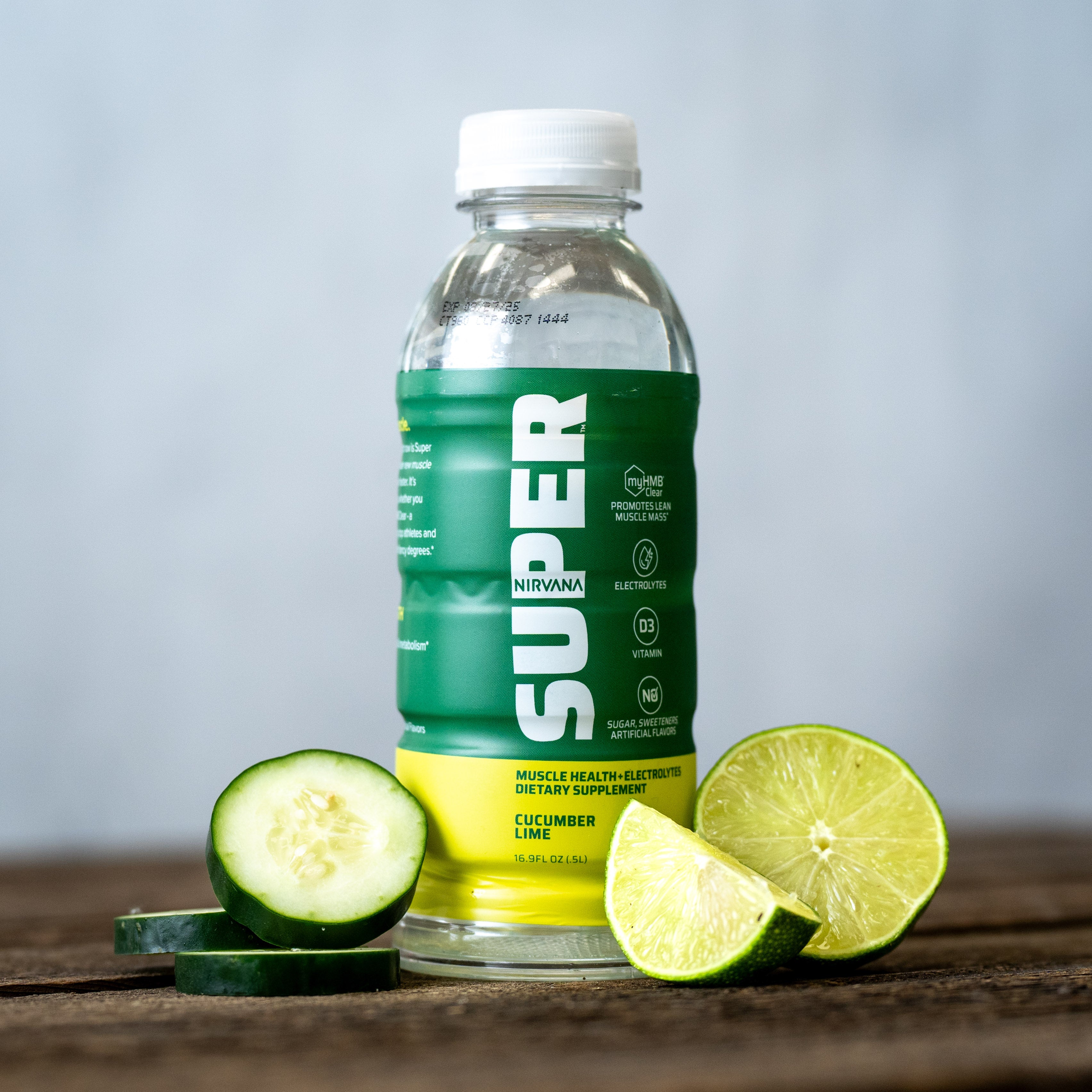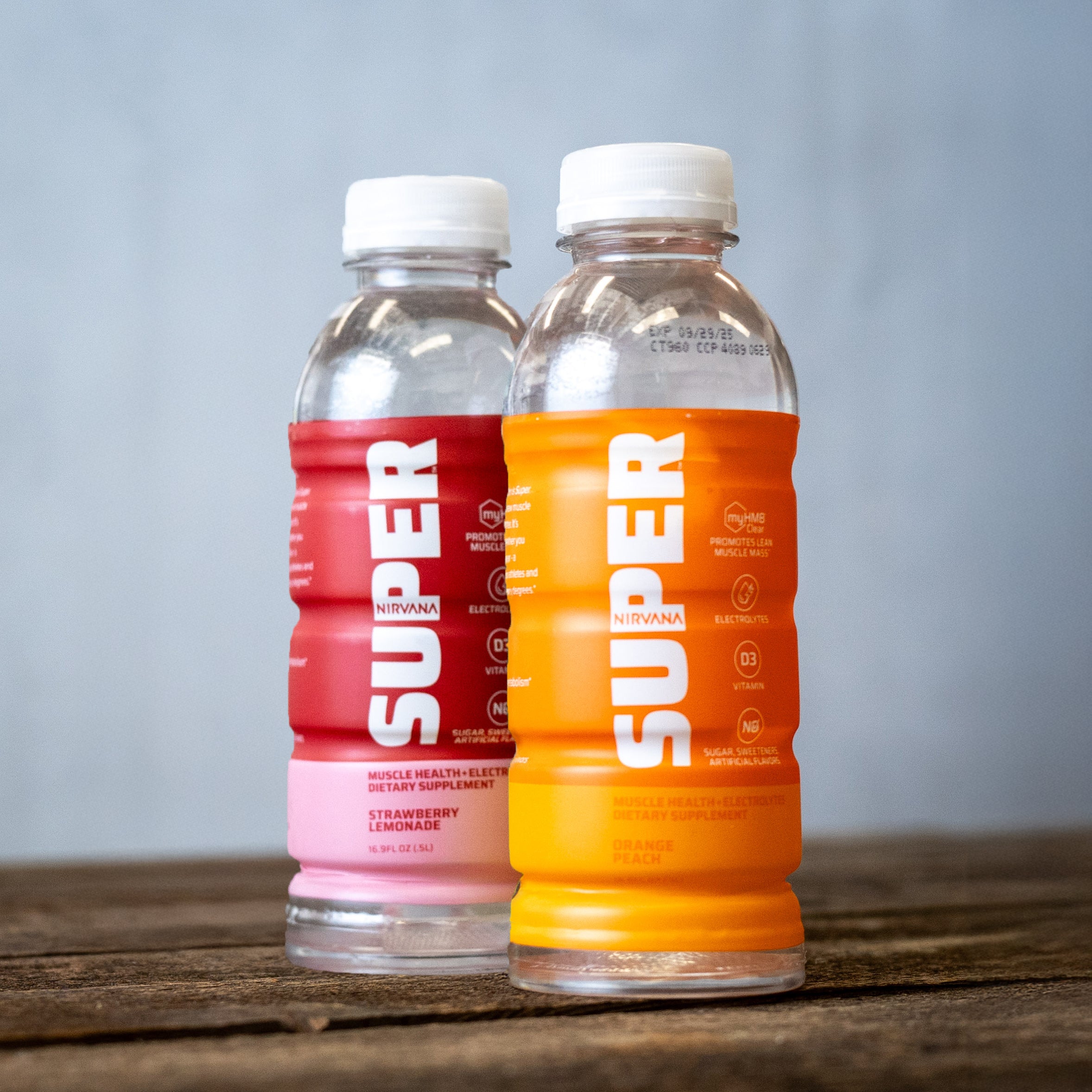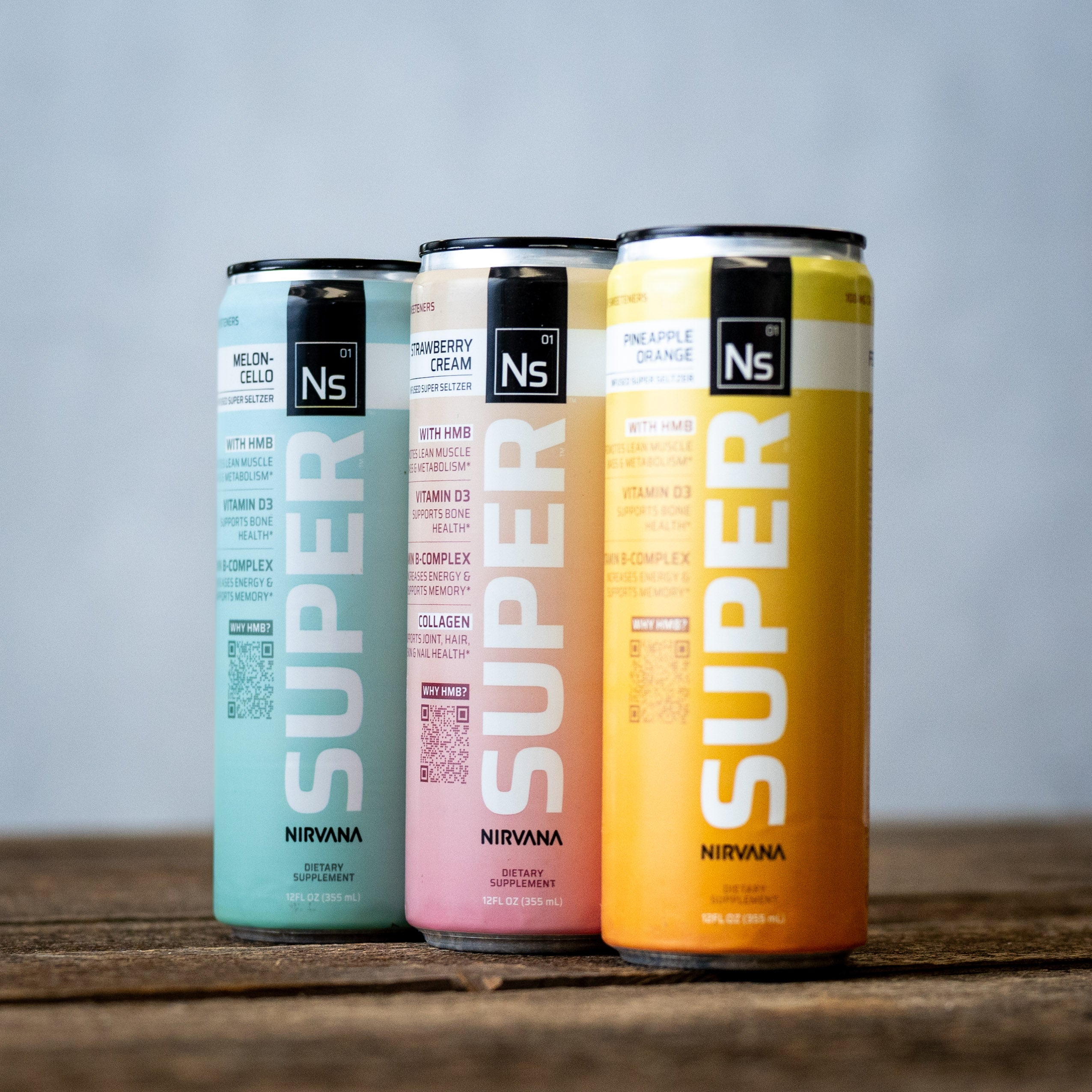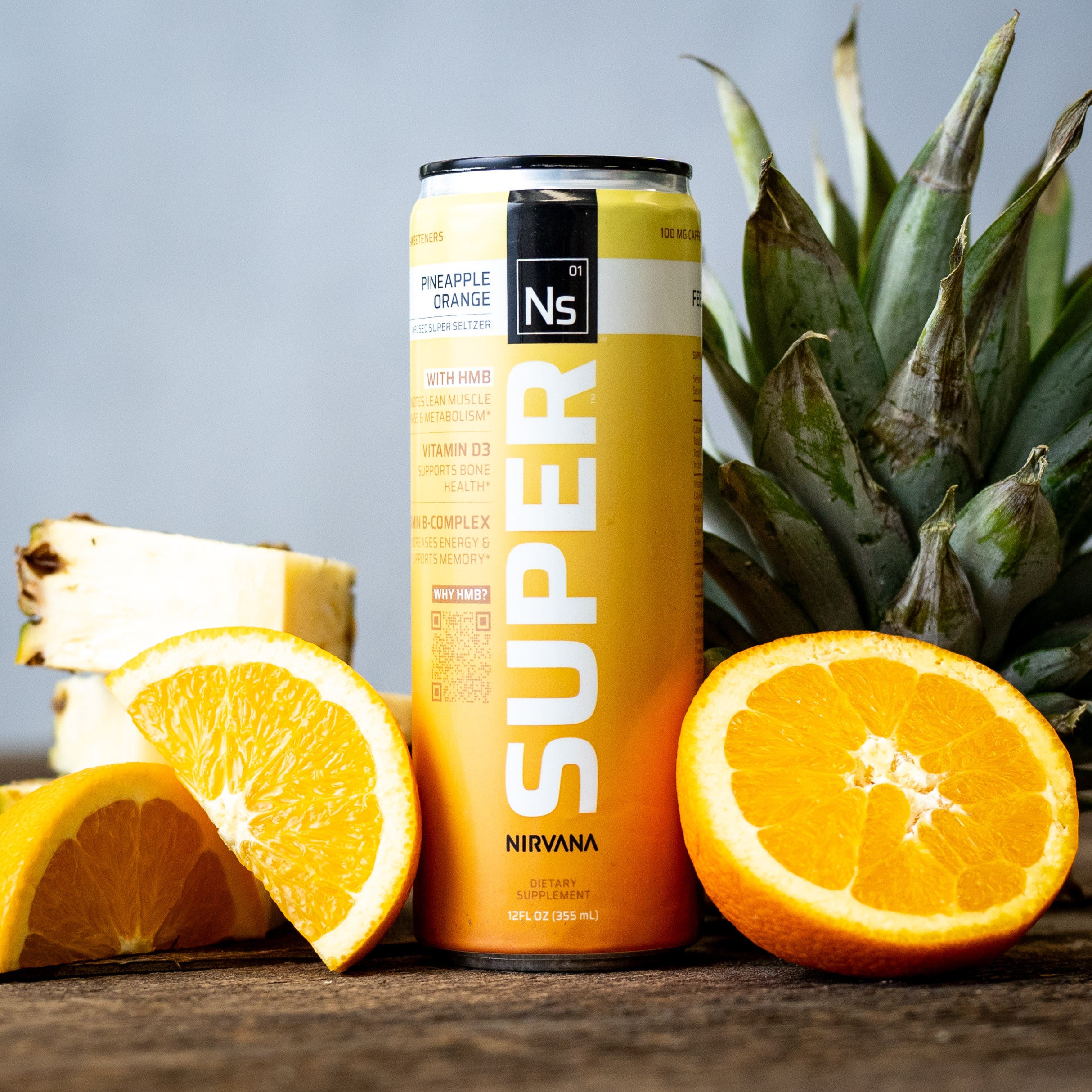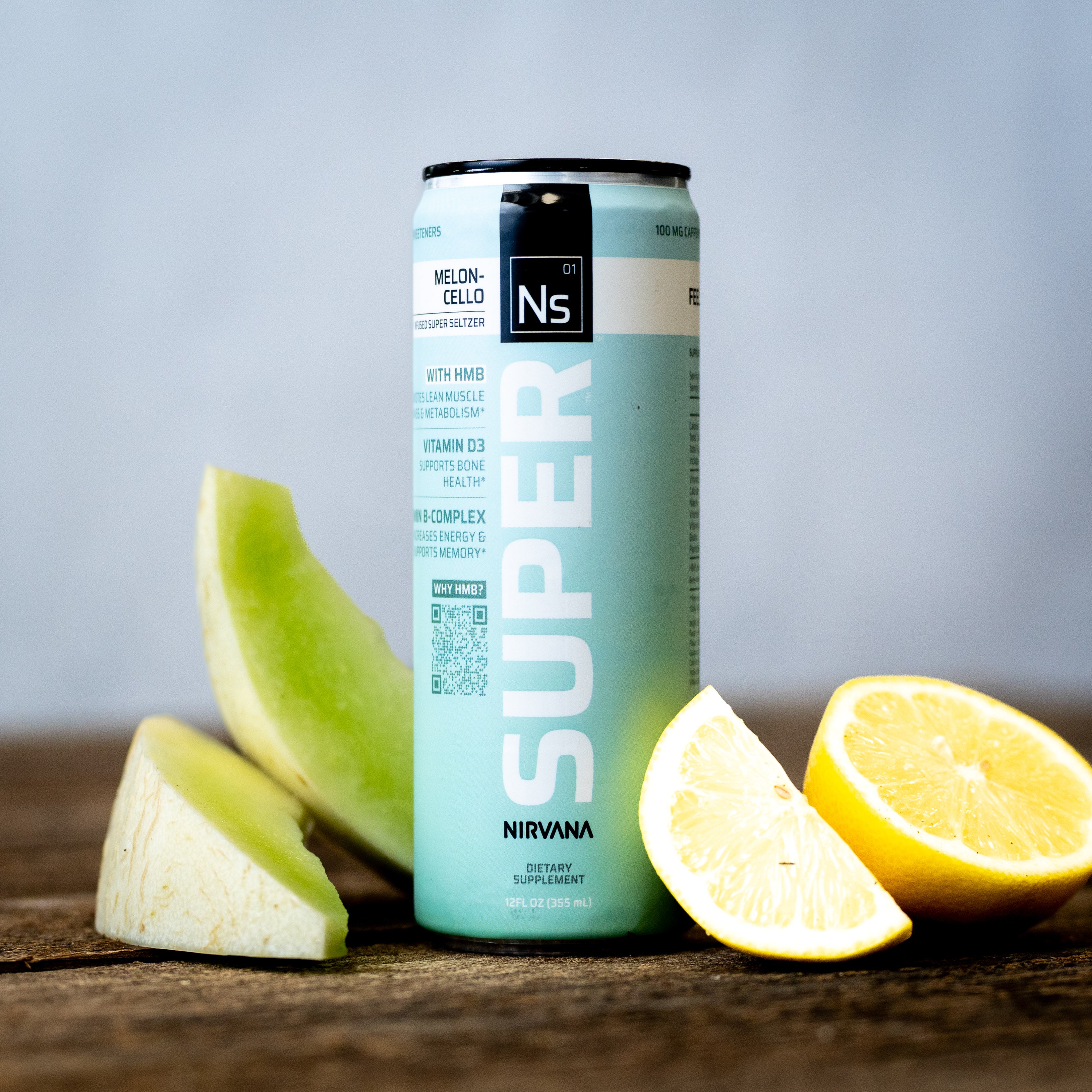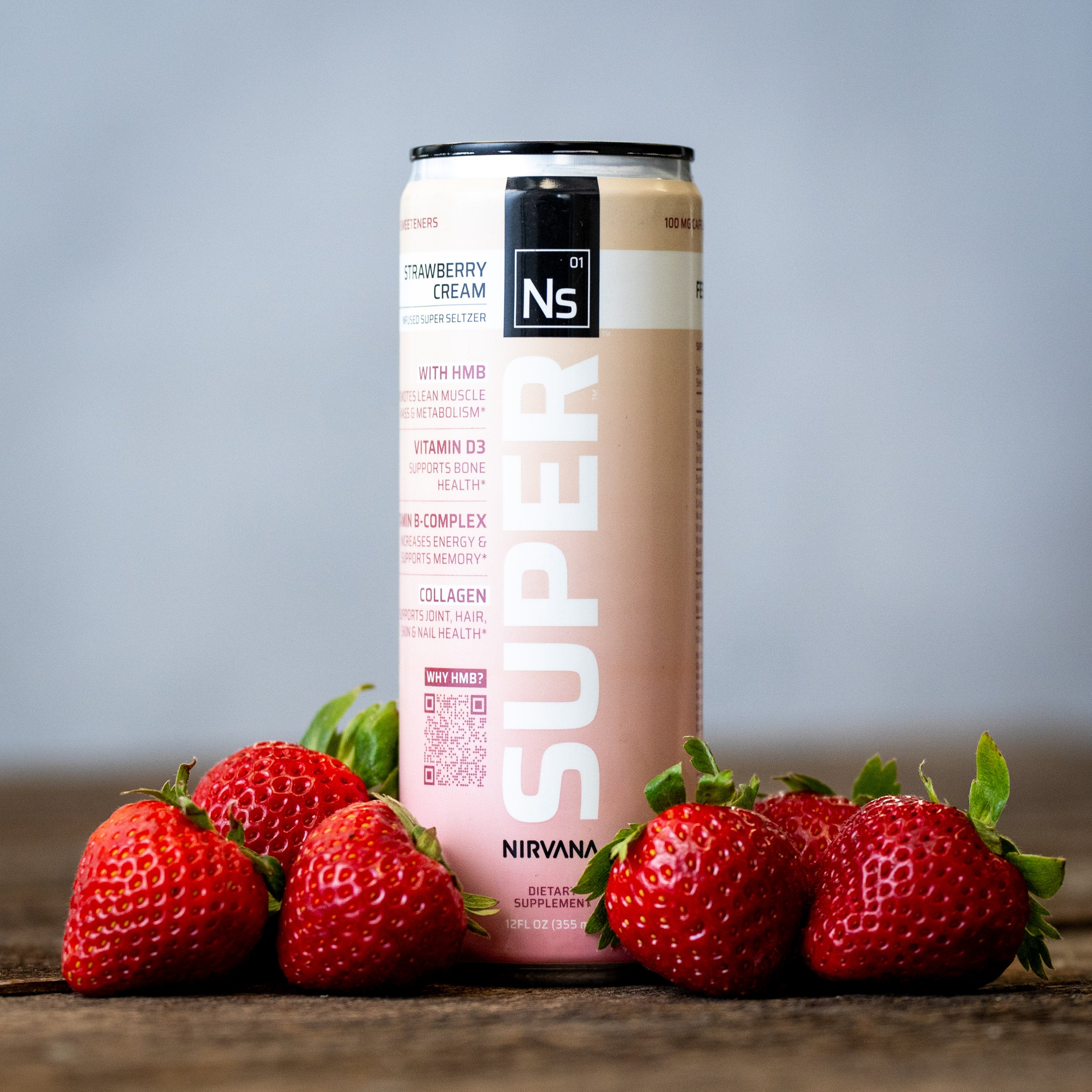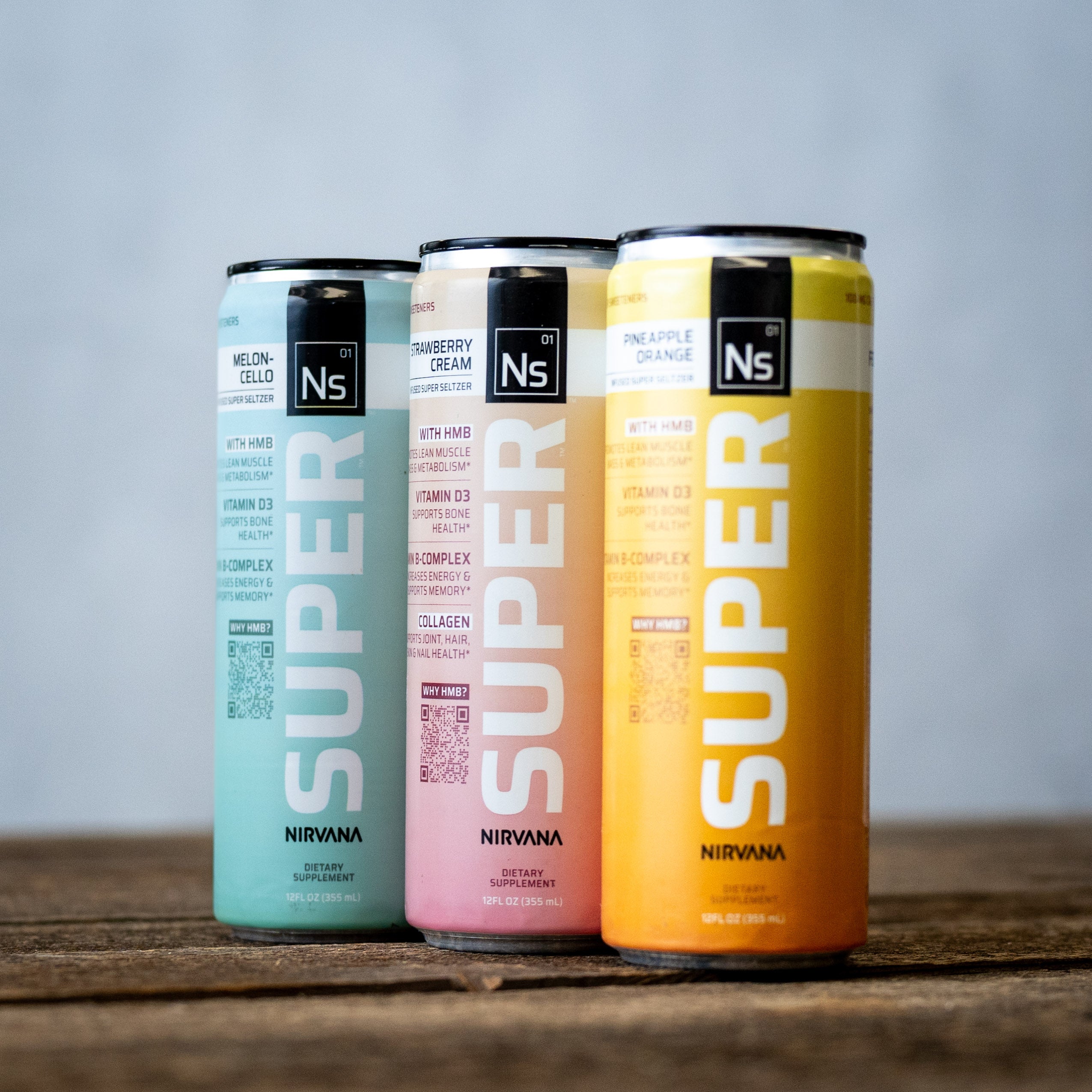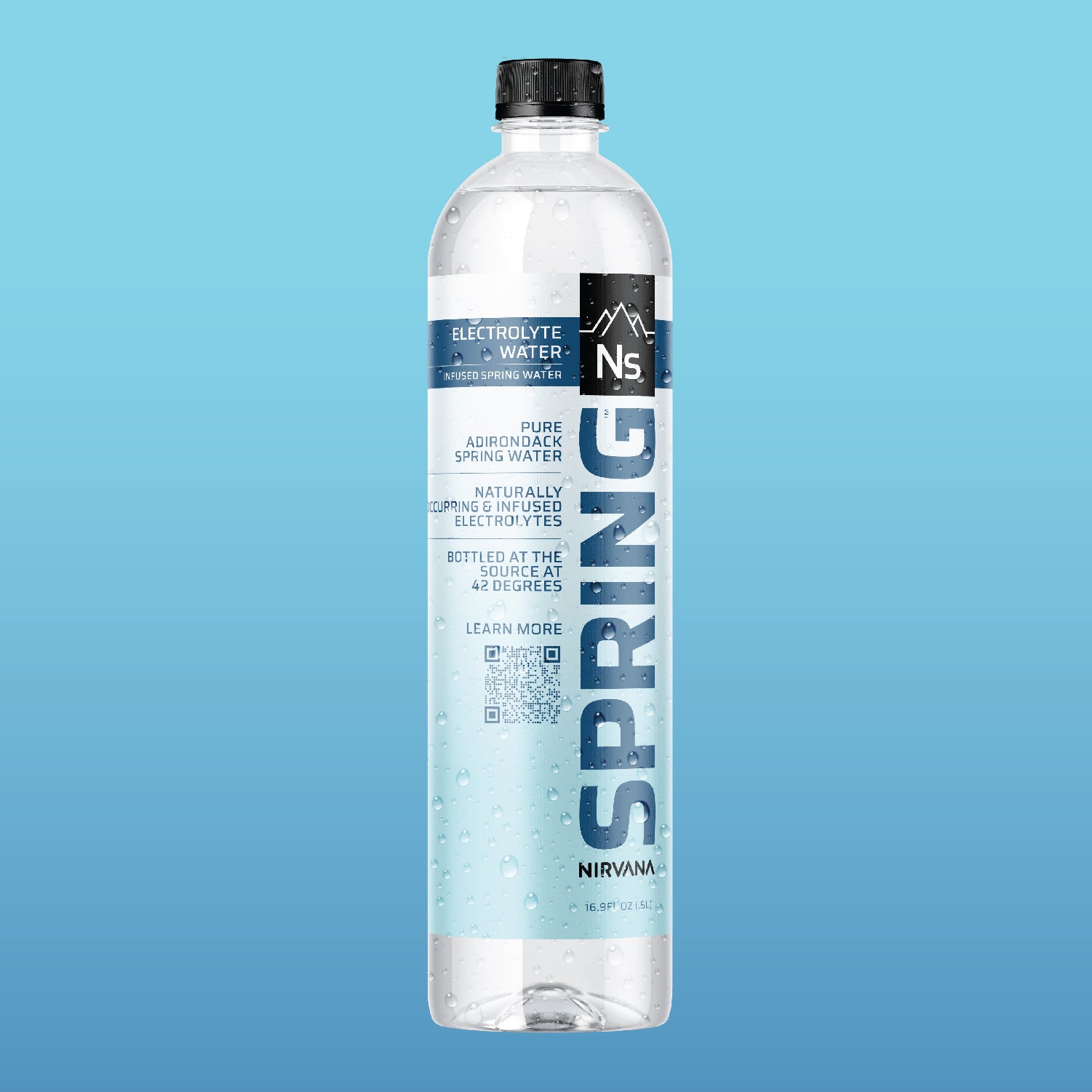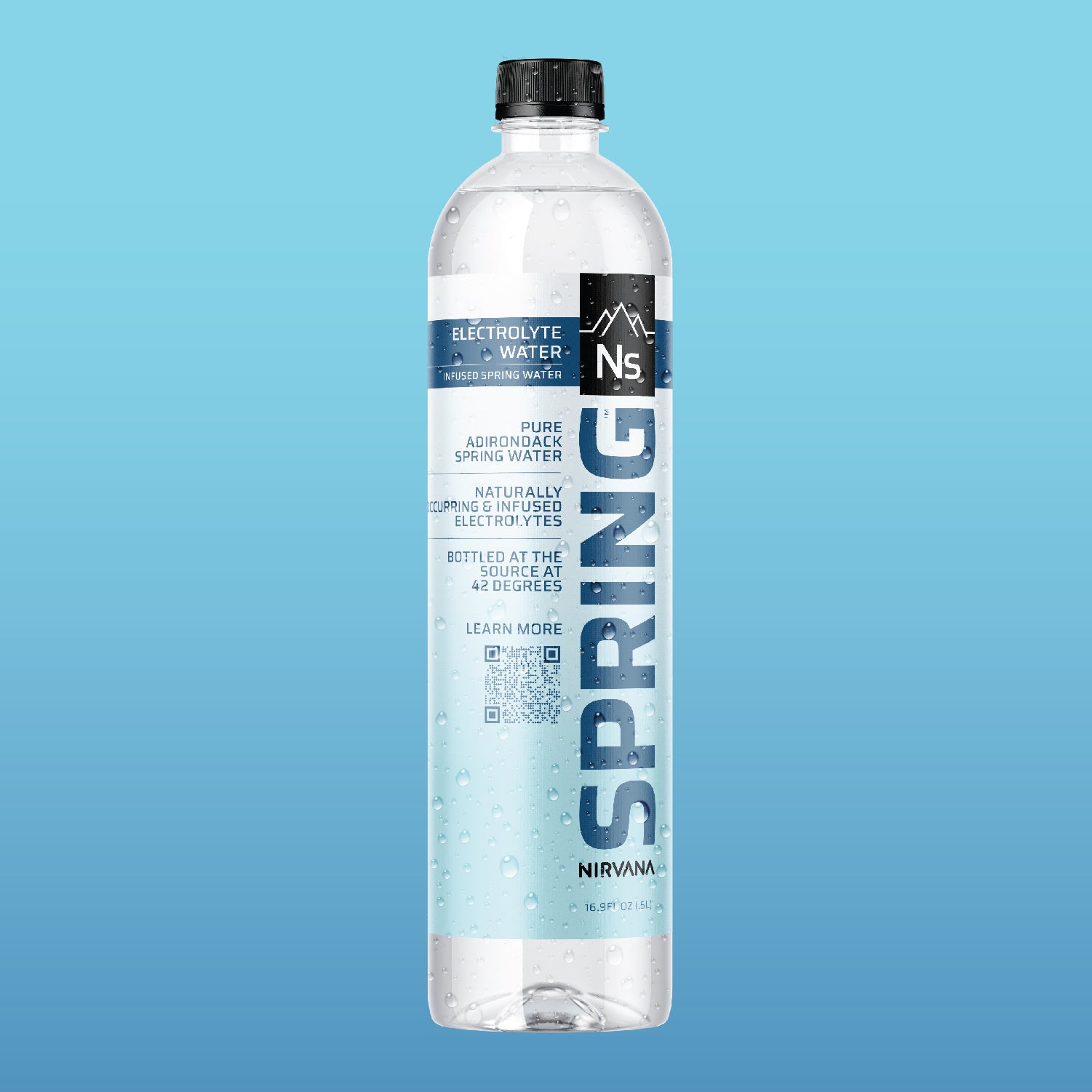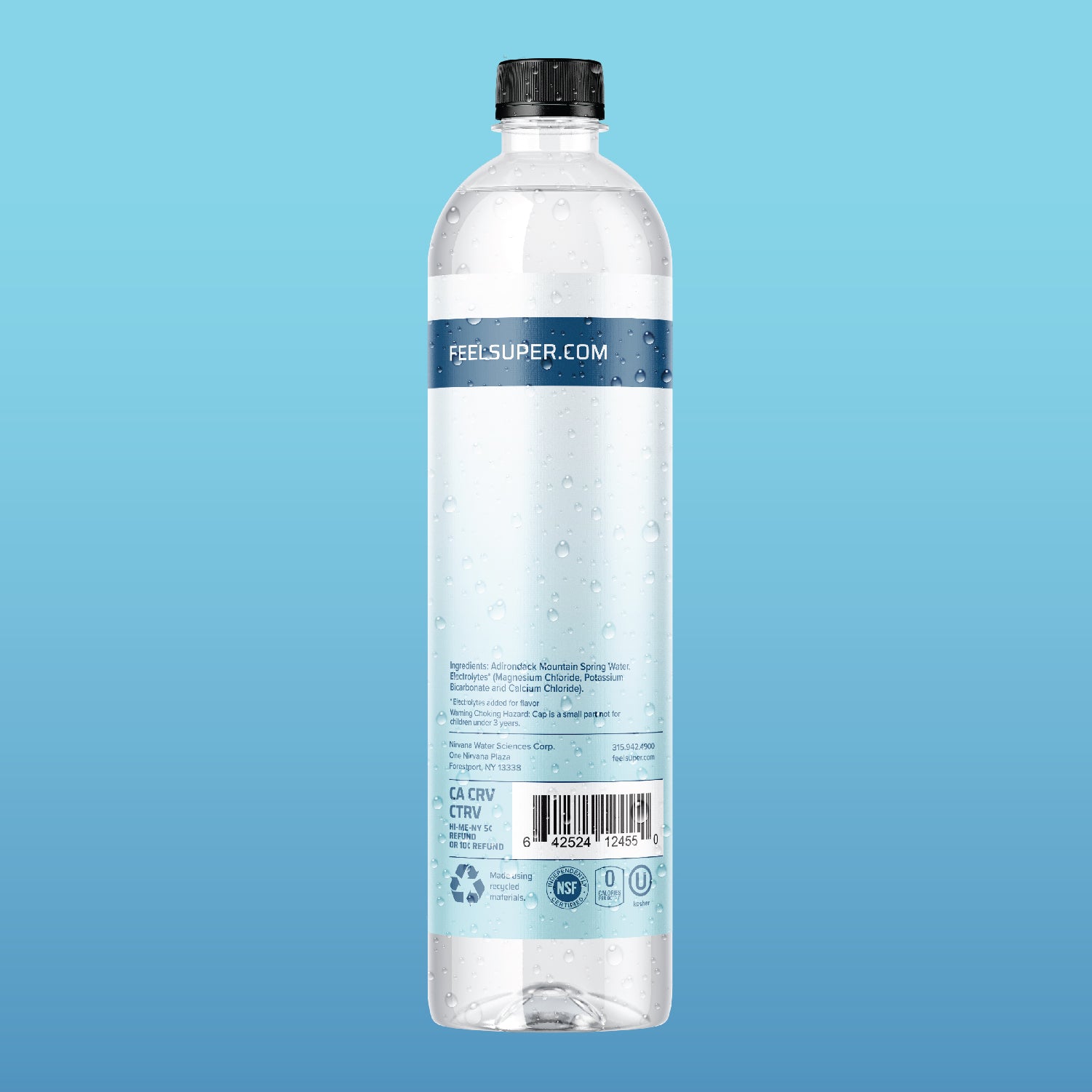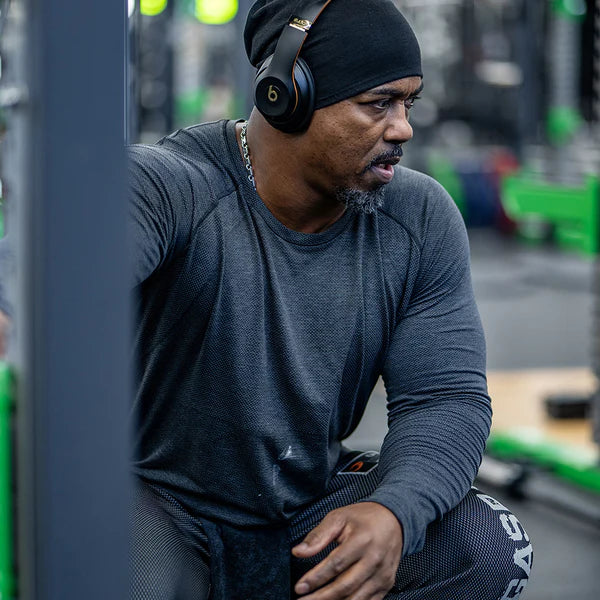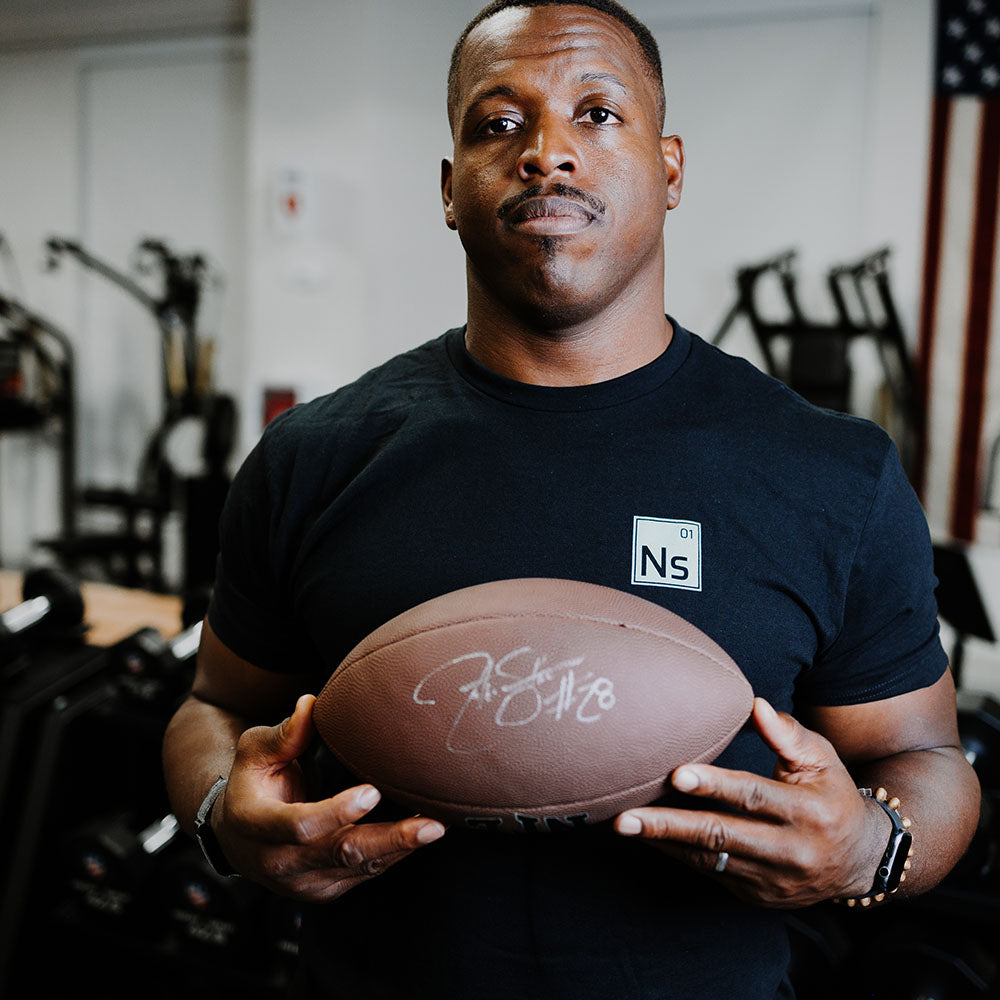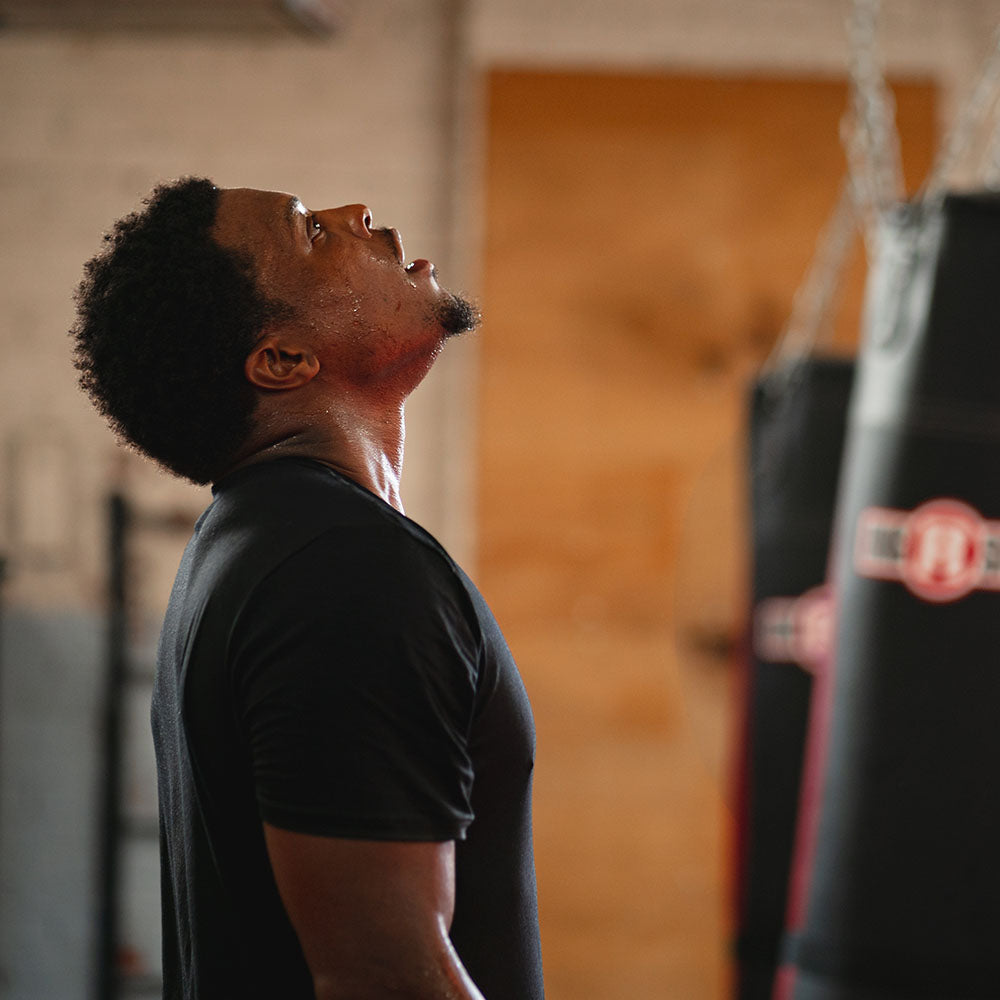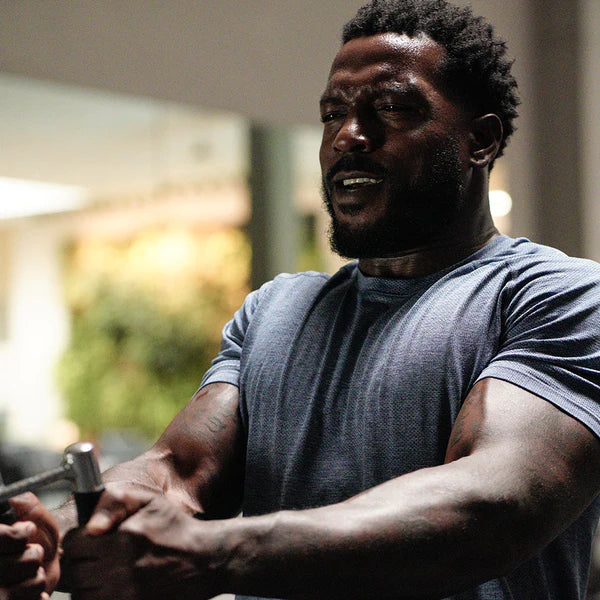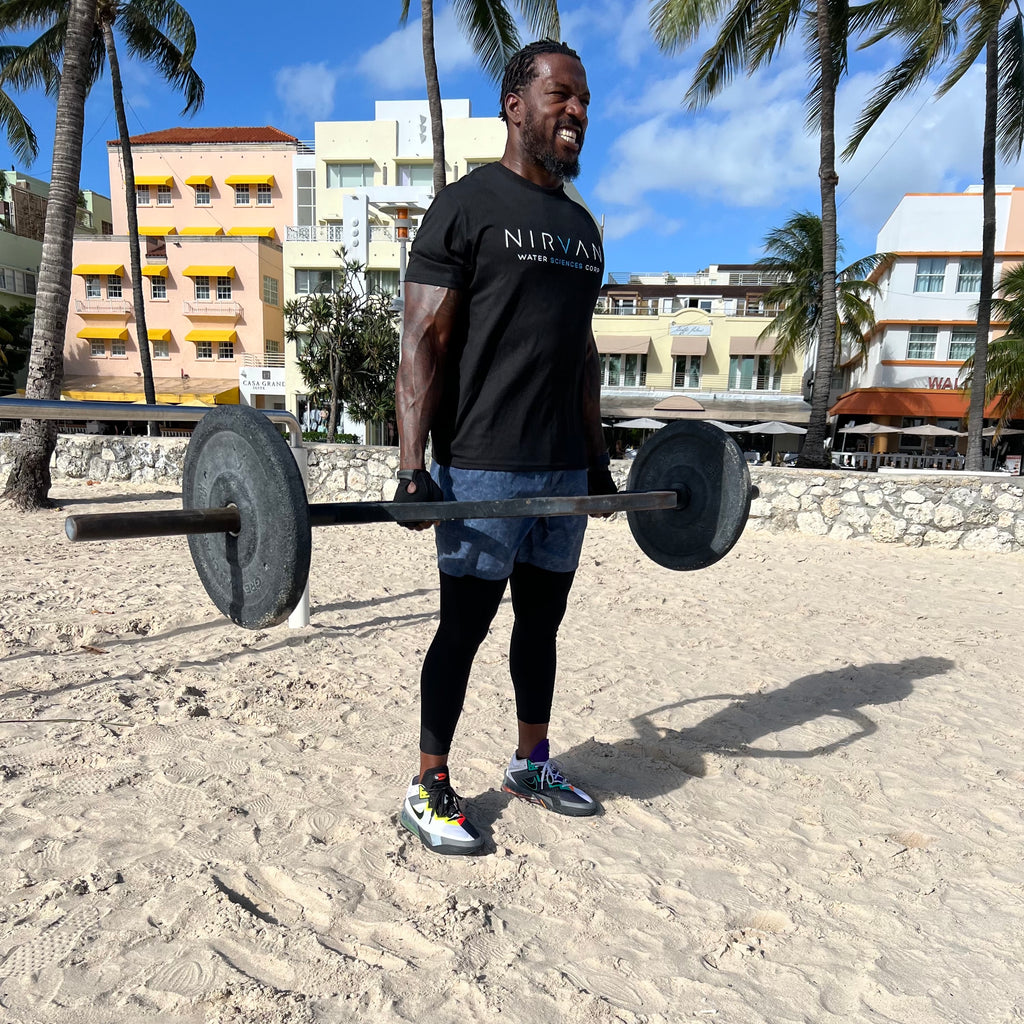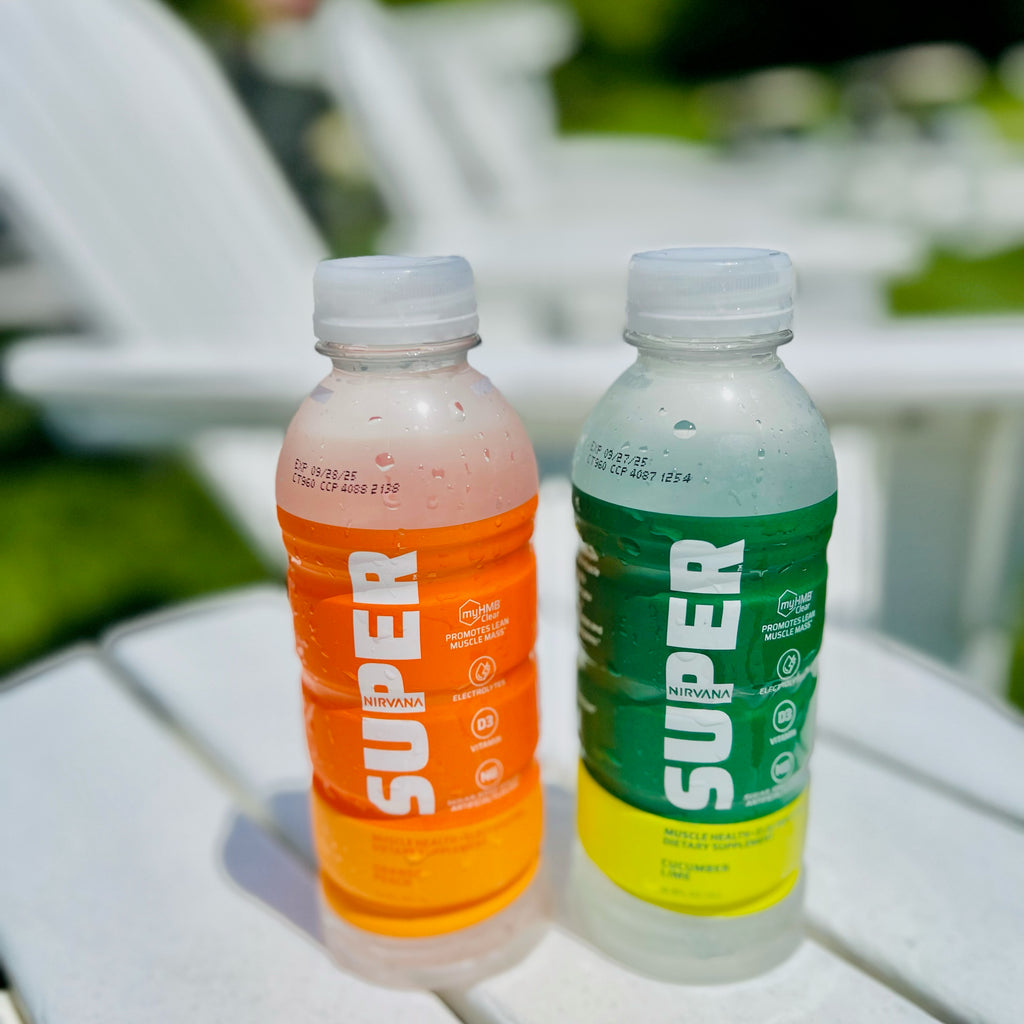5 Tips for Muscle Soreness & Recovery
You wake up in the morning, ready to start the day, when suddenly you get hit by a wave of muscle pain. You walk around, wondering why, when suddenly you remember your workout the day before.
You’re experiencing a common complaint of every athlete: delayed onset muscle soreness. Muscle soreness is a natural and relatively harmless result of working out, but it can be annoying and sometimes be bad enough to keep you from reaching your fitness goals.
Luckily, you can combat muscle soreness with the right recovery routine!
Why your muscles are so sore after a workout
Delayed onset muscle soreness (DOMS for short) is a common complaint following a great workout. DOMS can happen any time post workout, but will most likely feel the worst around 12-72 hours after training. Scientists are still determining the exact causes behind DOMS, but we do know it can happen following virtually any exercise, but is especially common with eccentric exercises (where muscles lengthen).
According to the American College of Sports Medicine, muscles undergo stress and even damage when they are lengthened under pressure (i.e. weighted bicep curl and lowering). Over time, the stress can cause microscopic damage to the muscle tissue. Your immune system then responds to this damage with inflammation, a process in which it rushes blood and nutrients to the injury to help repair it. While this process helps heal the muscle, it can also cause mild to moderate pain during the recovery process.
Therefore, prioritize your recovery as much as your workouts! Both recovery time and proper nutrition, like a well-balanced diet, will give your body the tools it needs to recover from your workouts so you can get back to the gym.
5 tips to help with muscle soreness and recovery
1. HMB
HMB, which is found naturally in the body, can be taken in supplement form to help keep muscles healthy. HMB is known as the “muscle guardian” because it has been found to reduce muscle protein breakdown and stimulate protein synthesis, the process your muscles need to grow. It’s also known to decrease muscle inflammation, which may help to boost your recovery.
Nirvana Super™ Waters and Seltzers all contain myHMB® Clear, a water-soluble form of HMB, clinically proven to reduce muscle soreness, improve muscle recovery time, and support lean muscle mass production. Nirvana Super™ products also contain essential vitamins and electrolytes, to help you rehydrate after a big workout.
2. Tart cherry juice
Tart juices (like cherry) have also been linked to reducing muscle soreness after a workout. This is likely because of their high levels of antioxidants and anti-inflammatory compounds, which some researchers believe help with improving muscle recovery. One study found that runners who drank cherry juice prior and during a big running event reported less post-run muscle pain than participants who didn’t.
3. Salmon
Omega-3 fatty acids are one of the most well-known anti-inflammatory nutrients, and it turns out they may also help reduce muscle pain. A 2021 study found that athletes who were given an omega-3 supplement reported less muscle pain after a downhill running test, than groups who weren’t given the supplement. This finding has also been seen in many other studies that evaluated the effects of omega-3s on DOMS. Omega-3s can be naturally found in fatty, cold-water fish like salmon, mackerel, and herring.
4. Nuts & Seeds
Fish isn’t the only source of omega-3s. A plant-based omega-3 called alpha-linolenic acid (ALA for short) is also found in a variety of nuts and seeds including flaxseeds, chia seeds and walnuts. Nuts are also a good source of zinc, a mineral that is often associated with muscle recovery.
5. Whey protein
No surprises here: protein is one of the number one most important nutrients for helping your muscles recover after a workout. Protein can be found in many foods, including: meat, fish, poultry, dairy and legumes, but whey protein in a shake is an easy and efficient way to maximize your protein intake. Whey is one of the most popular protein sources, since it delivers large amounts of high-quality protein per serving. While evidence is fairly inconclusive when it comes to the relationship between whey protein and muscle soreness, we do know for sure that adequate protein is essential for muscle recovery.
